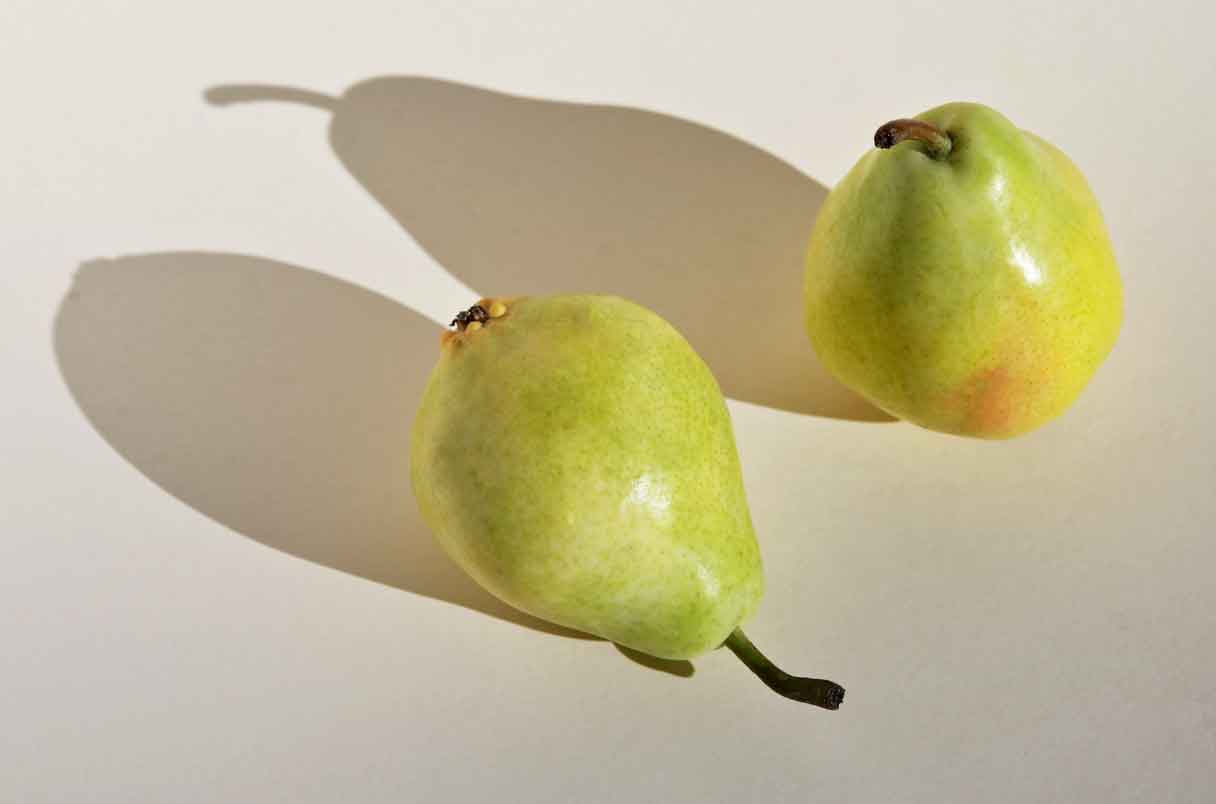indigo
nounAny of various shrubs or herbs of the genus Indigofera in the pea family, having pinnately compound leaves and usually red or purple flowers in axillary racemes.
nounA dark blue crystalline compound, C16H10N2O2, that is obtained from these plants or produced synthetically and is widely used as a textile dye.
nounAny of several related plants, especially those of the genera Amorpha and Baptisia.
nounThe hue of that portion of the visible spectrum lying between blue and violet, evoked in the human observer by radiant energy with wavelengths of approximately 420 to 450 nanometers; a dark blue to grayish purple blue.
nounSame as
In Australia, any plant of the genus Swainsona of the bean family, especially S. galegifolia. See
A substance obtained in the form of a blue powder from leguminous plants of the genus Indigofera, and used as a blue dye. See
The violet-blue color of the spectrum, extending, according to Helmholtz, from G two thirds of the way to F in the prismatic spectrum. The name was introduced by Newton, but has lately been discarded by the best writers.
nounAn American leguminous plant, Baptisia australis. See




